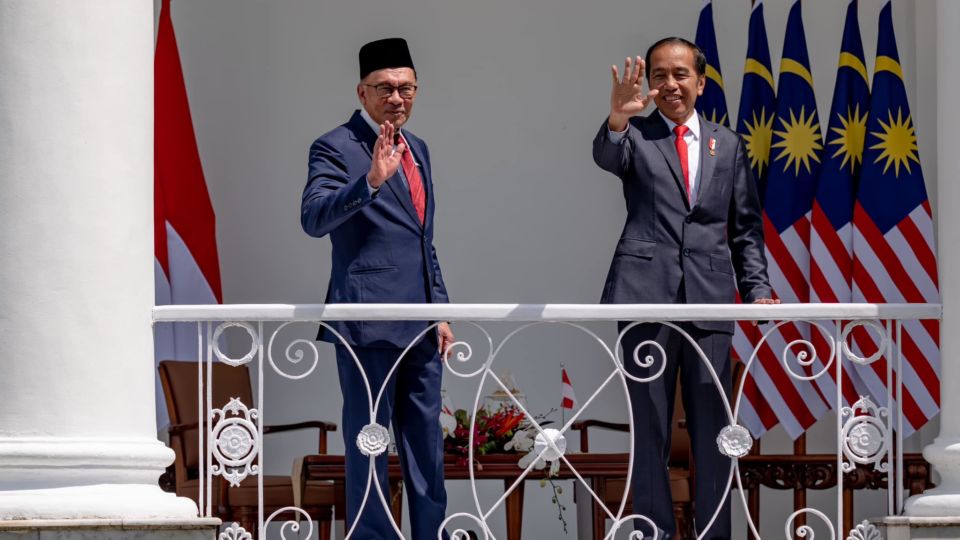Following a meeting between leaders from the two countries, Indonesia and Malaysia agreed on Monday to work together to combat “discrimination” against palm oil.
Joko Widodo’s remarks came after a meeting with Malaysian Prime Minister Anwar Ibrahim, who was on his first overseas trip since being elected last November.
According to Reuters, Widodo, also known as Jokowi, declared that the two countries would “fight palm oil discrimination” and “intensify cooperation through the Council of Palm Oil Producing Countries” to address concerns.
Because of perceived links to deforestation, the European Union intends to phase out palm-oil-based fuels by 2030.
The World Wildlife Organization also states that the large-scale conversion of tropical forests to oil palm plantations has a devastating impact on a huge number of plant and animal species.
Oil palm production also leads to an increase in human-wildlife conflict as populations of large animals are squeezed into increasingly isolated fragments of natural habitat.
Closer to home, palm oil is the leading agricultural export of Indonesia and Malaysia, generating 10 per cent and five per cent respectively of their exports. The sector provides employment for 721,000 smallholders and labourers in Malaysia, and four million in Indonesia; a further 11million in the two countries are indirectly dependent on it.
Anwar and Jokowi signed eight memorandums of understanding during their bilateral meeting, covering shipping, export-import financing, green energy, and the development of the battery industry, which they said they hoped would deepen cross-border trade and investment.
The leaders also discussed the development of Nusantara, Indonesia’s planned new capital, with Anwar handing over 11 letters of interest from Malaysian companies regarding potential investment in the new city, which will be located in the Indonesian portion of Borneo.
The new capital could boost regional development, Anwar said, with the Malaysian states of Sabah and Sarawak located in the Malaysian part of Borneo island.
“We hope the development of the capital will bring greater benefits to the wider region, including on Sabah and Sarawak,” he said.
READ ALSO:




